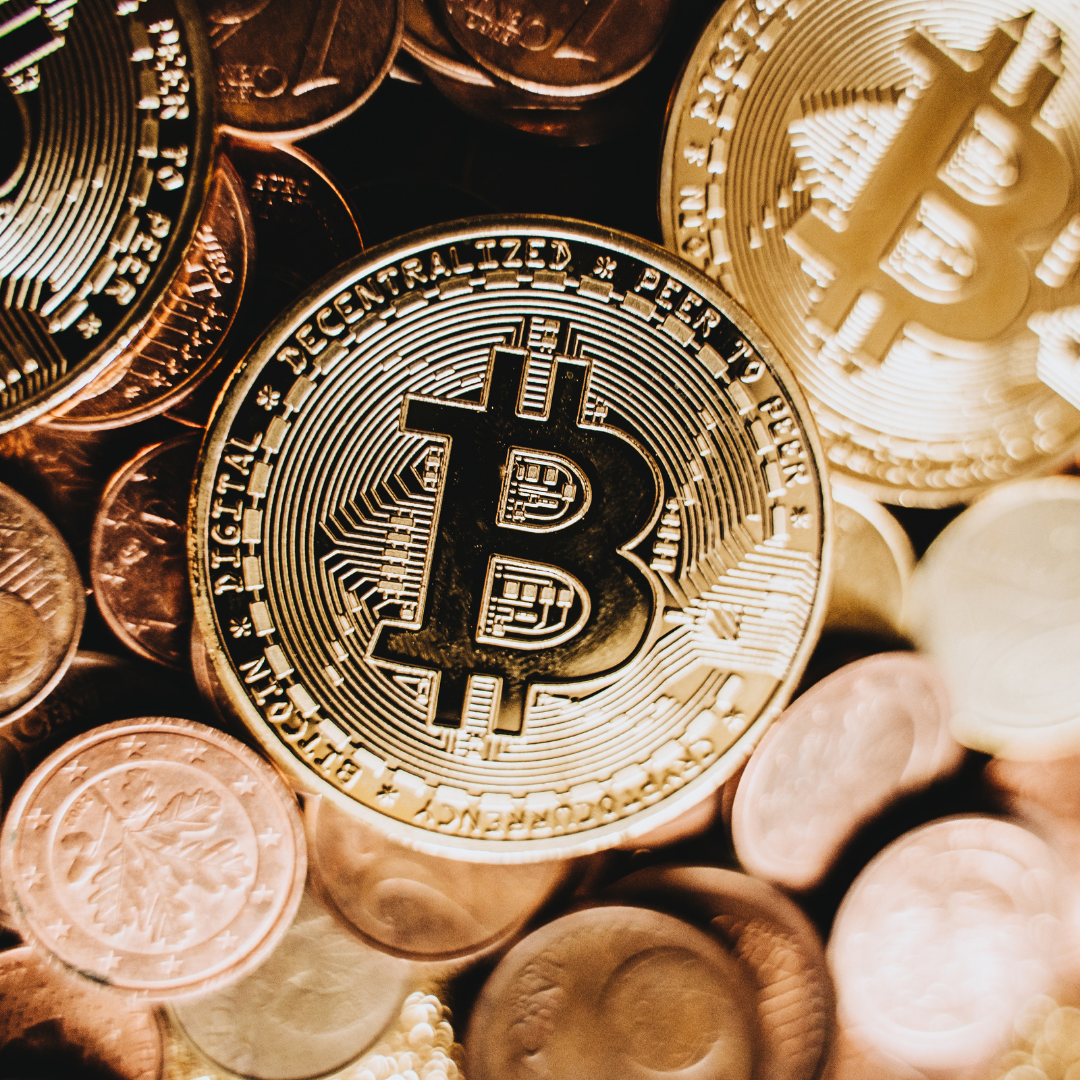Cryptocurrency is best known as digital currency which has sparked the interest of millions over the past several years, yet many still don’t understand what it is and why it’s interesting. Many people tend to invest in cryptocurrency just to see whether or not it will go up in value, but beyond that, it’s not entirely clear why it’s a phenomenon in the first place.
The cryptocurrency market has been in a frenzy lately, with the price of Bitcoin reaching an all-time high of $20,000 per coin in December 2017. Although experts have been predicting a bubble for some time now, Bitcoin has been going strong, at $20,000, up over $3,000 since January 2018. But what makes crypto so volatile?
Well, people love the idea of gaining value through speculation, and since developers constantly create new wallets and coins, there’s always something new to explore and gain value from. But, like all things, cryptocurrencies are not without risk. Their value can fluctuate rapidly based on demand. So, what makes cryptos so volatile, anyway? Well, for starters, cryptos are traded through digital wallets, like Bitcoin and Ethereum, which are run by third parties, like exchanges and banks. So, if the exchange gets hacked, the wallets can get hacked as well, and the value of the cryptocurrencies on them could be lost.
Online trading and exchanges have transformed the financial world. Cryptocurrencies, the most disruptive innovation in finance, have the potential to reshape financial institutions completely. But what makes crypto different from traditional finance? While it’s easy to say that cryptos are digital currencies and function like the fiat ones—that’s actually not the full story. Instead, cryptocurrencies are decentralized, synthetic, and autonomous, making them innovative, which also explains their volatility.
Hype from media
The cryptocurrency hype train continues its forward movement, but you have likely heard that Bitcoin is over-valued. While that may be true, it’s not necessarily a bad thing. Bitcoin is volatile, and many are saying that the media is just fanning the flames of hype. In fact, many believe that the media is purposely creating hype, to sell advertising.
When Bitcoin first arrived on the scene in 2009, blockchain was a hot topic among tech geeks. Some investors, however, quickly dismissed it as a fad, and cryptocurrency continued to slide into relative obscurity. It took several years for Bitcoin and other digital currencies to get off the ground. Still, in 2017, cryptocurrencies became the topic of conversation again, thanks to Bitcoin’s meteoric rise from $1,000 to nearly $20,000.
It generated a lot of excitement, especially among people who weren’t really familiar with how financial markets work. Everyone from tech startup founders to Wall Street investors jumped on the Bitcoin train, and the price of Bitcoin soon soared. But there’s still a lot of confusion surrounding cryptocurrency, even among people who are immersed in the crypto world.
Government relations
Cryptocurrency is volatile since almost the moment it was invented. They are also digital currencies that operate using encryption, which allows users to make secure, anonymous payments over the Internet. They are sometimes thought of as alternatives to government-issued currencies. The more extreme and wacky cryptocurrencies, such as Bitcoin, are highly volatile, and their value can fluctuate wildly. But much of the cryptocurrency out there is not nearly as volatile as Bitcoin. The reasons for this are twofold. First, there are relatively few cryptocurrencies out there. Second, many cryptocurrencies are “stable coins”—currencies that hold their value, such as the US dollar.
One of the hardest things about governing cryptocurrency is how volatile it is. Governments must respond to the weight of public opinion, and public opinion truly is the power behind imposing policy. The government can impose a ban on cryptocurrency, but they can’t stop it from existing, so it would essentially be a ban on speech. They can also pass legislation that puts certain taxes or regulations on the cryptocurrency industry, but cryptocurrencies operate globally, so a ban would have little to no effect on how the industry operates.
